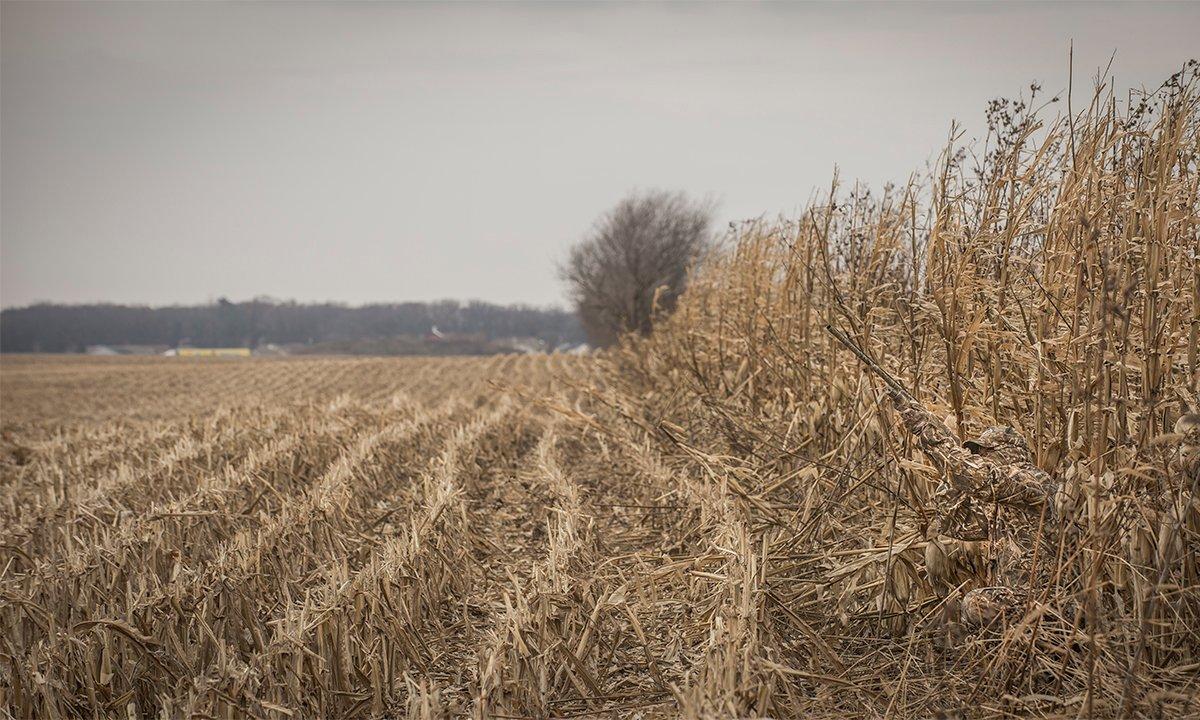Staying Late at Hot Honker Feeds Can Produce Surprising Results
Waterfowl hunters tend to confine strategies and approaches into neat, distinct playbooks. (And no one is worse at this than waterfowl writers.)
You know the scripts. Wood ducks? Be ready at first light, and then jump-shoot them at midday. Divers? Set out huge spreads, and pray for cold, windy weather. Canada geese? Hunt feeds for the first two or three hours but focus on loafing water at midmorning and afterward.
All that sounds good, but birds don't always follow the narrative. In fact, as I was reminded recently, honkers sometimes surprise you by responding to field setups at mid- and late morning.
During early September, some friends and I enjoyed good early morning goose hunting at a pepper-hot hay field. But predictably, action slowed by about 8:30 a.m., and it seemed as though every honker in the area had gone to another field or returned to water. After an hour of doldrums, I thought about suggesting a trip to the diner. After 90 minutes, I started to squirm.
And then a funny thing happened. Geese on nearby waters or fields began to stir, and our calling and decoys brought in several singles followed by a pair. Then, at 10:30 a.m., with temperature hovering at about 70, we decoyed a nice flock and finished our four-person limit.
You might say that hunt was a product of our stick-to-it-iveness and the fact that there were lots of geese in the area, and you'd be correct. However, I think it goes deeper. The standardized waterfowling playbooks suggests that after honkers complete their early morning feeding routine or get spooked off a field, they will flock to loafing waters at midmorning and spend much of the day there. That's essentially true, but we often forget when midday birds travel to and from loafing waters, they're still social creatures and are susceptible to calling, flagging and strategically placed decoy spreads. That is, you can sway them from their routine by presenting realistic scenarios.
Hunting fields until the noon whistle doesn't work all the time, of course, and in fairness, several large flocks of geese ignored us that late morning in September. But I've experienced enough surprisingly good mid- and late-morning hunts to convince me that staying late is often worthwhile. If birds are in the air, as when they leave fields and search for loafing water, you always have a chance. And unless you have urgent obligations elsewhere, you'd be smart to hunt every available hour, as you never know when eager honkers might respond positively to your setup. You have nothing to lose but an hour or two, and even if you don't scratch out a few more birds or finish your limit, you might gain critical information about the travel patterns of area geese.
This season, don't bolt from your field blind when the action gets slow. Stick around a while to see what happens. You'll probably add a few memorable entries to your hunting journal — and script a new page in your playbook.
Click here for more Realtree waterfowl hunting content. And check us out on Facebook.







